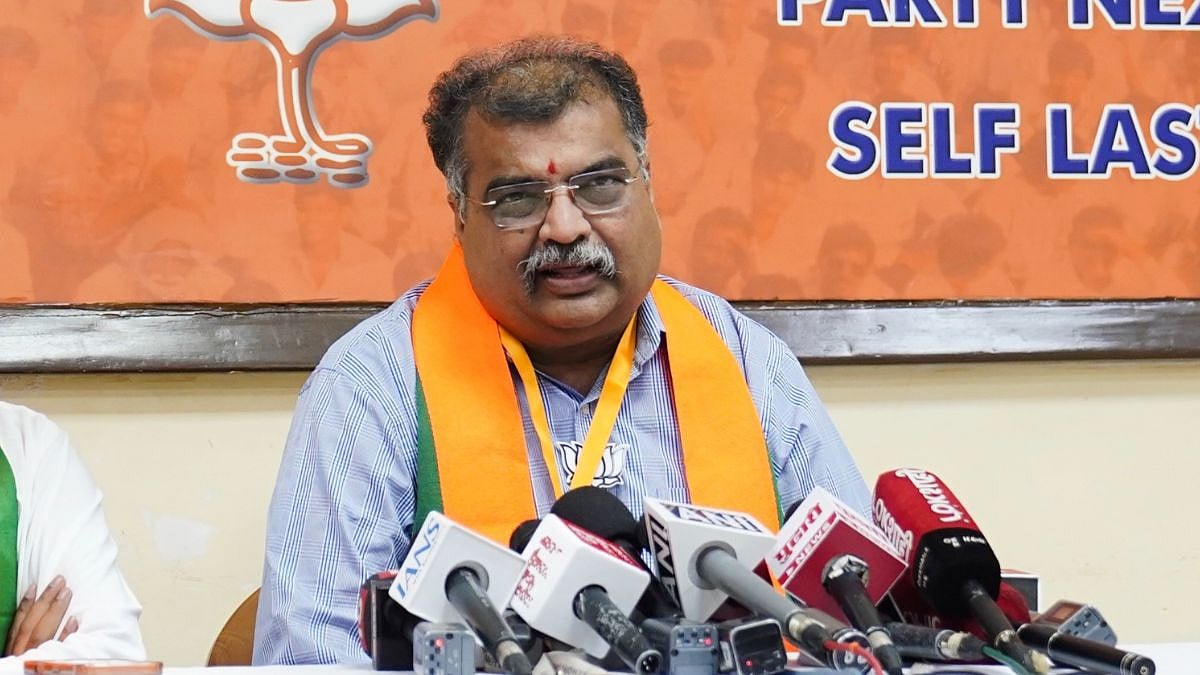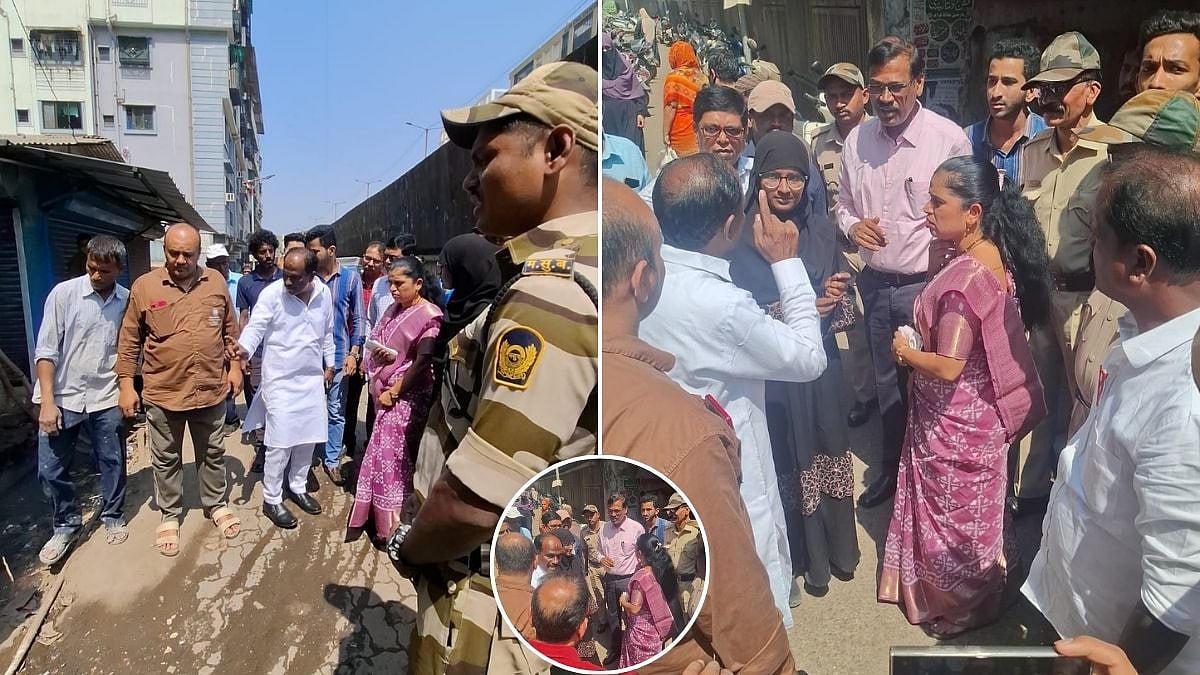“Khan Khanan” was a title conferred on him by Akbar in appreciation of the great services he had done to the king and his empire, writes MEERA S. SASHITAL.
Akbar’s reign was a golden period for Hindi literature. It was the period of first-rate poets whose classics had a greater impact on the cultural values of the people. It was a time congenial for flourishing of great poets like Tulsidas and Surdas owing to the human or environmental factor which brought about favourable conditions in which their genius could flower. There were a host of poets who were either directly connected with Akbar’s court or were the recipients of his patronage. It was a mixed galaxy composed of both Hindus and Muslims. One important feature of Akbar’s reign was that it saw the advent of Muslim poets in the field of Hindi literature and poetry.
The most renowned poet and honoured dignitary in Akbar’s darbar was Abdur Rahim Khan Khanan. He was born in Lahore in 1553 A.D. “Khan Khanan” was a title conferred on him by Akbar in appreciation of the great services he had done to the king and his empire. Khan Khanan was a renowned general and Akbar’s senior-most administrator. Besides being a senior administrator he was a master of all the languages. Not only was he the master of Persian, Arabic and Turki he also acquired good knowledge of Hindi and Sanskrit and turned out to be gifted poet of Hindi. He has penned several hundred verses but his ‘dohas’ stand out prominently and have been given an honoured place in poetical selections… It seems no history of Hindi poetry can be complete without reference to the contribution of this versatile genius.
Khan Khanan had a very distinguished and colourful career and whatever he had experienced and seen life from the highest pinnacle and later as a modest being he reflected in his poetry. However, his personality was no less picturesque and grand than his poetry.
Khan Khanan’s mother tongue was Persian but he loved Hindi with all his heart. He was in touch with almost all the Hindi poets of his time. He listened to their poems and gave them every kind of help and encouragement. Nothing was too much for him to give if only he was pleased. He was too generous and it had no limits. He loved Hindi poetry so much that its advancement almost became the goal of his life. Many poets lived under his patronage and he encouraged their poetry in every way possible. It is said he gave Gang Kavi 36 lakhs of Rupees for his one Chhappaya, a small verse of six lines in appreciation.
It is learnt Khan Khanan was extremely good by nature. He never spoke a single harsh word to anyone. He was so modest that while giving gifts, presents or alms he felt so shy and was self-conscious that he would keep his eyes fixed right on earth. Once Gang Kavi it seems put this question to him: “How did you pick up this habit of giving alms? As the hand goes up to give the eyes go downwards as though automatically.” To this Khan Khanan gave a reply in one Doha which he alone could have given.
“It is someone else who gives; And he gives day and night; But people erringly think; That it is ‘I’ who give; And therefore my eyes turn downwards.”
Prior to Khan Khannan’s poetry, Hindi poetry was more of bardic and heroic narratives, didactic poems, romantic narrations, devotional songs and mystical verses. But Khan Khannan took a totally different line. Having seen life in its various aspects and colours, he wanted to present in small, simple and soft metres the quintessence of the experience of his life, He therefore employed small and soft doha and ‘barvai’in simple but colourful style to paint with vigour and skill the pictures of life. Doha was first used in the verses of Apabhramsa and therefrom it came into Hindi. After Kabir and Tulsidas made it popular and rich in expression, Khan khannan gave it a new elegance and finish making it more beautiful.
Whatever Khan Khannan desired to convey he said in a few words and fully, so that “his dohas are like jewels in which shines the charming luster of his feelings and imagination.” It is said the beauty of a diamond lies in its cut and Khan Khannan knew how to cut artistically the jewels of his poems. In his dohas he puts new constructions on mythological allegories, classical allusions and time honoured conventions and giving a little poetic twist to them change their significance and meaning.
Khan Khannan was a man of culture and taste and having studied ancient wisdom in Persian and Sanskrit, he rendered many Sanskrit verses into Hindi and even in them he imparted fresh meaning. We are told he was a minute observer of life and nature and it was from these sources that he got all the material and inspiration for his art and poetry. There was a dignity, elegance and a perfection of art in whatever he said. An illustration from one of his Dohas:
“Every bit of space in my eyes Is occupied by the beauty of my love; It is impossible now for anything to get into it; A traveller finding all the space in an inn occupied to the full
Has to take his shelter elsewhere.”
The Khan Khannan gave a new metre to Hindi, the ‘Barvai’. It is a little shorter and considered more delicate than the Doha. In brevity and effective expression it can be compared with the ghazal in Urdu. It has a sweet pastoral touch too. It is said that once a certain village girl in order to save her husband from the displeasure of Khan Khannan for his long absence from his court sent a verse of two lines to him which was written in Barvai metre.
Khan Khannan the appreciator of poems was so pleased with the verse that he not only forgave her husband’s negligence but also amply rewarded him. Later on he seemed to have introduced this metre into classical Hindi poetry.
Besides his dohas, seven hundred of which have been compiled in Rahim Satsai, the Khan Khannan also wrote Madan-shatak, Ras Panchadhhhyaya, Sringar Sorath and Nagar Shobha. He is also known to have written a book in Persian mixed with Sanskrit on Astrology, which it seems is almost like Amir Khhusro’s Khaliq Bari in style. Madan-shatak consists of verses on love written in Malini metre.




